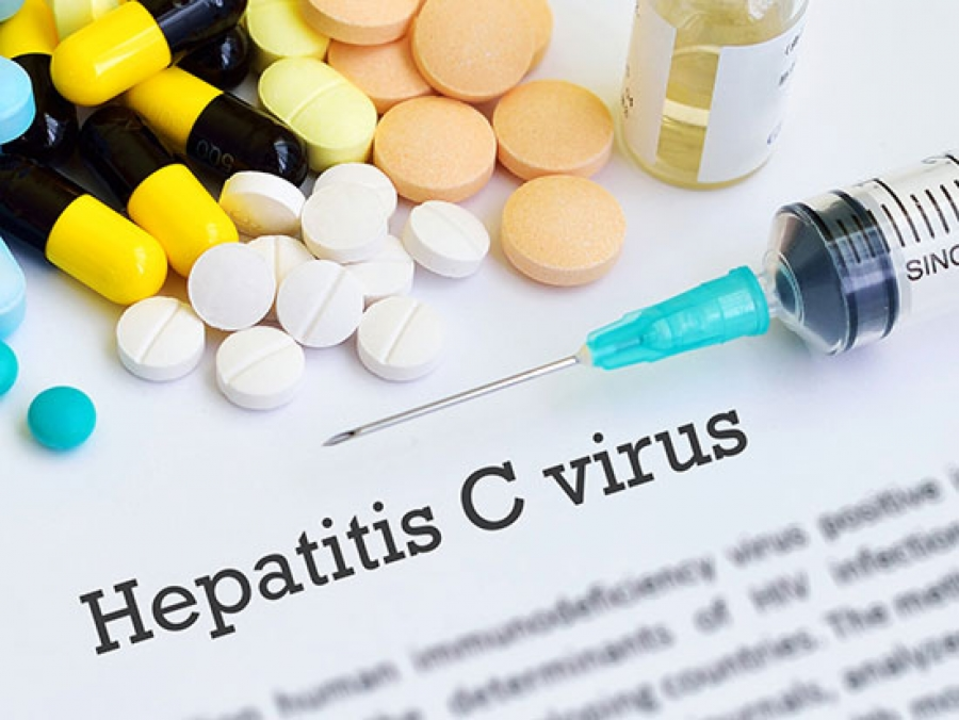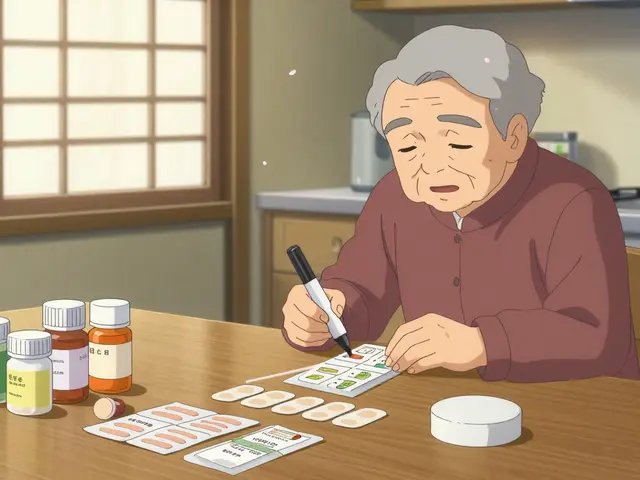Hepatitis C: What It Is and How to Deal With It
If you've heard the term hepatitis C, you might wonder what exactly it means. In simple terms, it's a viral infection that attacks your liver. The virus spreads mainly through blood, so sharing needles or getting unsafe tattoos puts you at risk. Most people don’t feel sick right away, which is why many cases go unnoticed until later.
What are the signs and how do doctors find it?
The early symptoms can be vague – a little fatigue, mild fever, or some stomach discomfort. Some folks notice dark urine or yellow skin (jaundice) after weeks or months. Because these clues are easy to miss, doctors usually rely on blood tests to confirm the infection. A simple antibody test tells if you’ve ever been exposed, and a follow‑up RNA test shows if the virus is still active.
How can hepatitis C be treated?
The good news is that modern medicines can cure most cases. Direct‑acting antivirals (DAAs) are pills taken for 8 to 12 weeks, and they clear the virus in over 95% of patients. No injections, no interferon, just a short course with few side effects. Your doctor will pick the right combination based on the genotype of the virus and your liver health.
While you’re on treatment, it’s important to avoid alcohol and any drugs that stress the liver. Eating balanced meals, staying active, and keeping up with regular check‑ups help the liver heal faster. If you have advanced liver damage, a specialist might suggest additional monitoring or procedures.
Prevention is easier than you think. Never share needles, syringes, or any equipment that contacts blood. If you get a tattoo or piercing, make sure the studio follows strict sterilization rules. For healthcare workers, using proper gloves and safety devices cuts down risk dramatically.
If you think you might have been exposed, don’t wait. Get tested at a clinic or talk to your doctor about screening. Early diagnosis means treatment can start sooner, which protects your liver and reduces the chance of spreading the virus.
Living with hepatitis C doesn’t mean life stops. After successful treatment many people feel back to normal and can enjoy everyday activities without worry. Keep up with vaccinations for hepatitis A and B – they protect a liver already dealing with one infection.
Bottom line: know the signs, get tested if you’re at risk, follow your doctor’s treatment plan, and practice safe habits. With the right steps, hepatitis C is a condition you can beat.
Velpatasvir and the Importance of Continued Hepatitis C Research and Development
As a blogger, I cannot stress enough the importance of continued Hepatitis C research and development, especially with groundbreaking medications like Velpatasvir making significant strides in treatment. Velpatasvir, when combined with other antiviral drugs, offers a highly effective treatment for various Hepatitis C genotypes, helping millions of people worldwide. However, our work is far from over, as Hepatitis C still affects millions of people and can lead to severe liver complications. By investing in further research and development, we can discover new treatment options and work towards eradicating this global health threat. Together, let's raise awareness about the significance of Velpatasvir and other advancements in Hepatitis C treatment to encourage further progress in this vital field.






